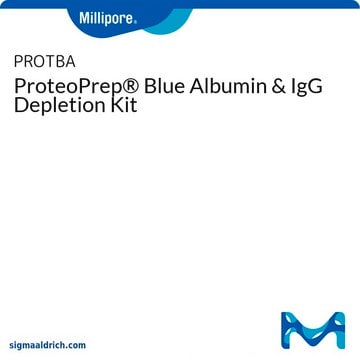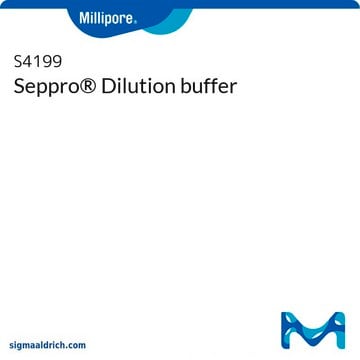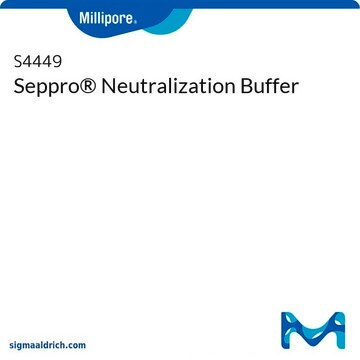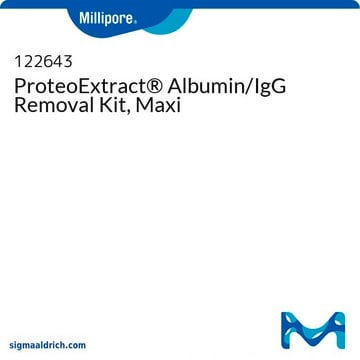Recommended Products
capacity
1 mg total protein loading(14 μL of human plasma, average human protein concentration 70 mg/mL)
storage temp.
2-8°C
Looking for similar products? Visit Product Comparison Guide
General description
Proteins Depleted:
Albumin
IgG
α1-Antitrypsin
IgA
IgM
Transferrin
Haptoglobin
α2-Macroglobulin
Fibrinogen
Complement C3
α1-Acid Glycoprotein (Orosomucoid)
HDL (Apolipoproteins A-I and A-II)
LDL (mainly Apolipoprotein B)
Application
Legal Information
Kit Components Also Available Separately
Storage Class Code
10 - Combustible liquids
Regulatory Listings
Regulatory Listings are mainly provided for chemical products. Only limited information can be provided here for non-chemical products. No entry means none of the components are listed. It is the user’s obligation to ensure the safe and legal use of the product.
PDSCL
Please refer to KIT Component information
PRTR
Please refer to KIT Component information
FSL
Please refer to KIT Component information
ISHL Indicated Name
Please refer to KIT Component information
ISHL Notified Names
Please refer to KIT Component information
Cartagena Act
Please refer to KIT Component information
JAN Code
キットコンポーネントの情報を参照してください
Certificates of Analysis (COA)
Search for Certificates of Analysis (COA) by entering the products Lot/Batch Number. Lot and Batch Numbers can be found on a product’s label following the words ‘Lot’ or ‘Batch’.
Already Own This Product?
Find documentation for the products that you have recently purchased in the Document Library.
Our team of scientists has experience in all areas of research including Life Science, Material Science, Chemical Synthesis, Chromatography, Analytical and many others.
Contact Technical Service







